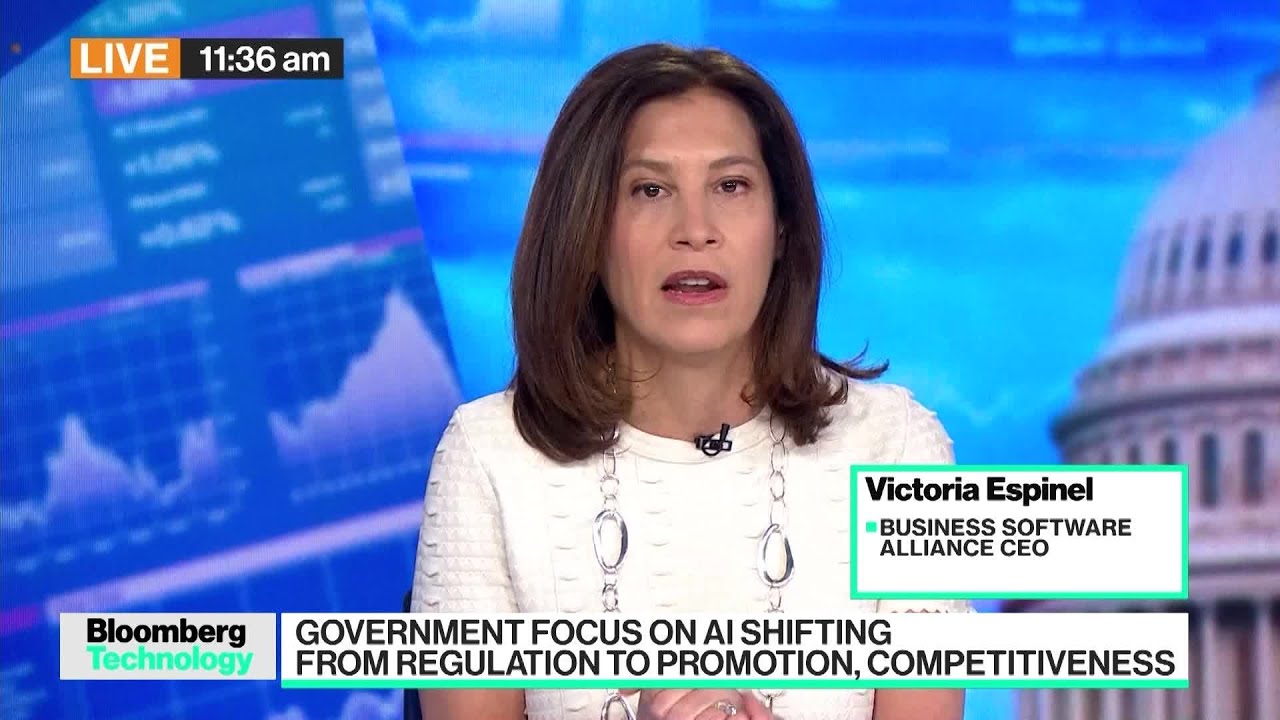The CEO of the Business Software Alliance emphasized the need for clarity and consistency in AI regulation, highlighting that while regulation is necessary, it should not hinder innovation or disproportionately burden smaller companies. He also pointed out the challenges posed by varying state-level regulations and advocated for a cohesive approach to support the growth of the technology sector.
In a recent discussion, the CEO of the Business Software Alliance (BSA) addressed the current landscape of AI regulation under the Trump administration. The CEO noted that while the administration has been transparent about its goals for innovation and competition, its approach varies between promoting and protecting U.S. industry. The conversation highlighted the importance of quantum competitiveness and the administration’s upcoming action plan, which is expected to focus on various technological advancements.
The CEO emphasized the role of enterprise software companies in shaping global policy and expressed concerns about the impact of regulations like the Digital Services Act. While this act primarily targets social media companies, the CEO pointed out that the Trump administration has the potential to positively influence enterprise software through digital trade and adoption initiatives. The focus should not only be on developing large machine learning models but also on fostering widespread adoption across diverse industries to maximize economic benefits.
When discussing the regulatory environment, the CEO outlined three key needs for enterprise software companies: the necessity for regulation, the demand for clarity, and the importance of consistency. The CEO argued that while regulation is essential, it should not be unworkable or misdirected. Clarity in regulations is crucial to reduce uncertainty, which currently hampers innovation and planning for companies. Furthermore, consistency across various laws at the state and international levels is vital to avoid complications, especially for smaller companies.
The conversation also touched on the impact of regulation on smaller technology firms. Contrary to the belief that regulations primarily benefit large incumbents, the CEO suggested that well-structured regulations could actually empower smaller companies by preventing them from being stifled by inconsistent or burdensome rules. The focus on promoting AI adoption at the federal level is expected to benefit all companies, particularly smaller ones, by creating a more favorable regulatory environment.
Lastly, the CEO highlighted the significant activity occurring at the state level regarding AI regulation. With states like Colorado, Texas, Connecticut, Virginia, and California moving to establish their own AI laws, the landscape is rapidly evolving. This state-level activity poses challenges for all companies, especially smaller ones, as they navigate the complexities of varying regulations. The CEO warned that inconsistencies in state regulations could hinder innovation and urged for a more cohesive approach to AI regulation to support the growth of the technology sector.
